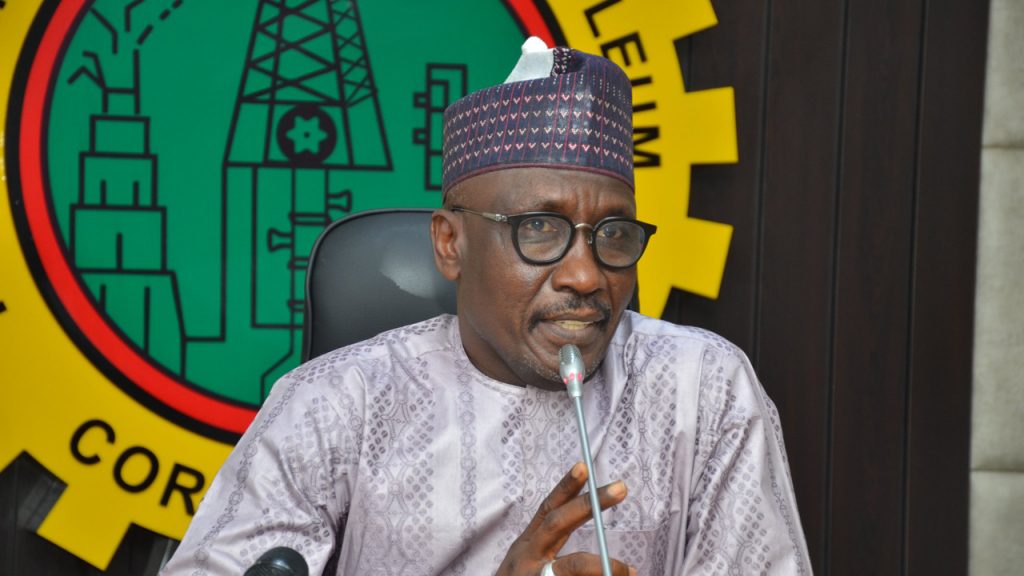The Port Harcourt Refining Company (PHRC) Ltd in Rivers State has officially commenced crude oil processing.
The announcement was made by Femi Soneye, Chief Corporate Communications Officer of the Nigerian National Petroleum Company Limited (NNPCL).
“Today marks a monumental achievement for Nigeria as the Port Harcourt Refinery officially commences crude oil processing. This groundbreaking milestone signifies a new era of energy independence and economic growth for our nation,” Soneye said on Tuesday.

He extended congratulations to key stakeholders, stating, “Hearty congratulations to President Bola Ahmed Tinubu, the NNPC Board, and the exceptional leadership of GCEO Mele Kyari for their unwavering commitment to this transformative project. Together, we are reshaping Nigeria’s energy future!”
Soneye added that truck loading operations would also commence on Tuesday and highlighted ongoing efforts to restore operations at the Warri Refinery. “The NNPCL is working tirelessly to bring the Warri Refinery back online soon,” he said.
The announcement follows an inspection tour on Friday by the Minister of State for Petroleum Resources (Oil), Senator Heineken Lokpobiri, and his team to assess the progress of rehabilitation work at the Port Harcourt Refinery.
Milestones After Repeated Delays
Tuesday’s development marks the end of several missed deadlines for resuming production at the Port Harcourt Refinery in Nigeria’s oil-rich Rivers State.
Upon assuming office in August 2023, Senator Lokpobiri initially projected that production would begin in September, though this was later shifted to December. In March of the following year, NNPCL Group Managing Director Mele Kyari announced that operations would start in April.
During an August inspection of the refinery, Kyari reaffirmed NNPCL’s commitment to revamping Nigeria’s refining capacity. “We are focused on delivering this rehabilitation project, our two other refineries, and all other investments towards revamping the nation’s refining capacity,” he said.
“We are hopeful that in 2024, this country will be a net exporter of petroleum products,” Kyari added.
Reviving Refining Capacity
Three years ago, the Federal Government allocated $1.5 billion (1.2 billion euros) for the rehabilitation of the Port Harcourt Refinery, one of Nigeria’s largest, which had been shut down since 2019.
Despite being a major crude oil producer, Nigeria has long relied on imported petroleum products due to insufficient local refining capacity. This has resulted in a crude-for-petrol swap policy, where crude oil worth billions of dollars was exchanged for refined products. The system, combined with fuel subsidies, significantly strained foreign reserves, especially during periods of low oil revenue and foreign currency shortages.
Dangote Refinery and Subsidy Impact
In September 2024, the Dangote Refinery began producing petrol, following earlier production of diesel and aviation fuel.
“Dangote Petroleum Refinery has commenced production of diesel and aviation fuel,” the group announced. “This is a big day for Nigeria. We are delighted to have reached this significant milestone.”
With the Port Harcourt Refinery now operational and the Dangote Refinery already in production, many Nigerians are optimistic about relief from the impacts of the fuel subsidy removal, which had driven the price of petrol from approximately N200 to over N1,000 per litre.


